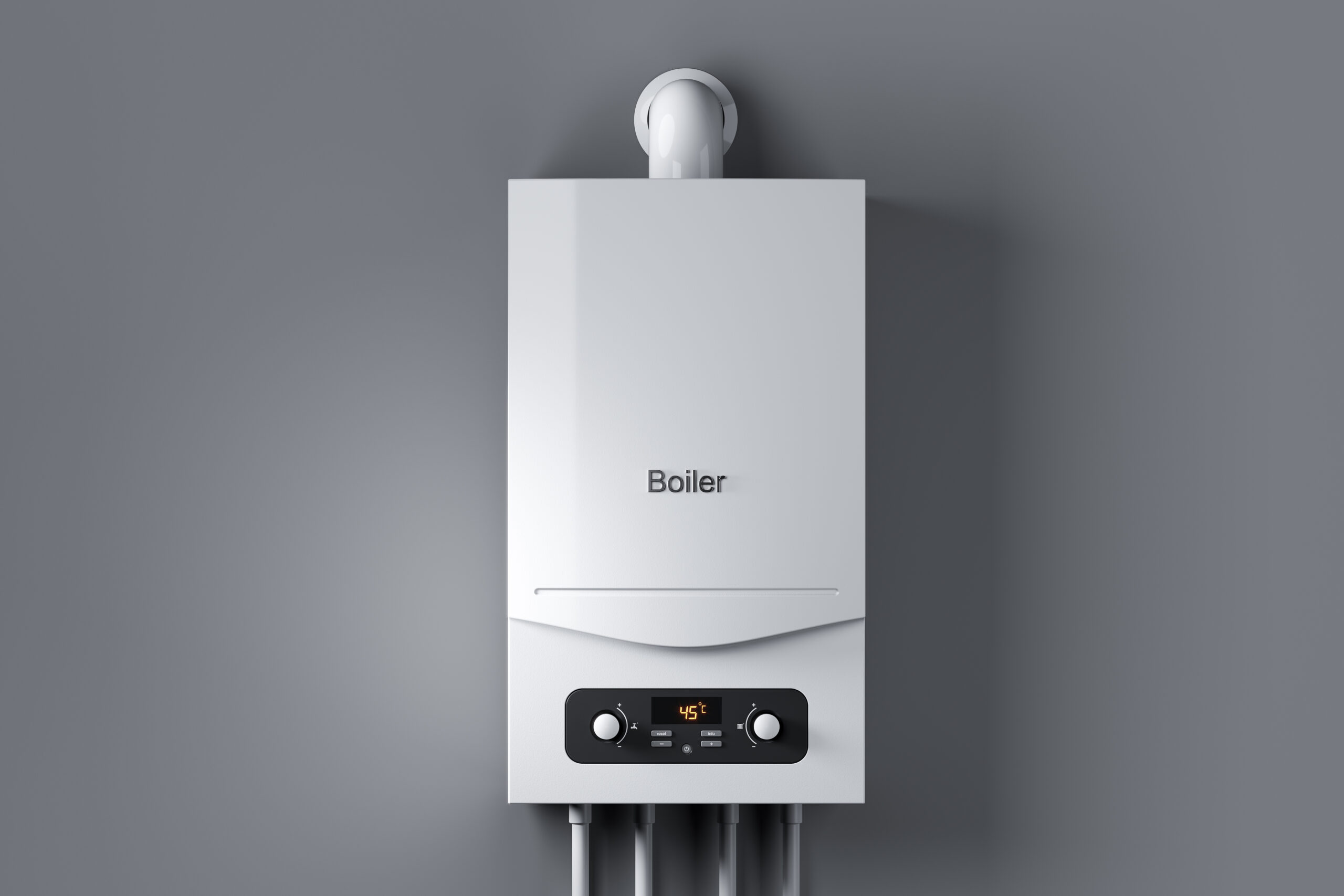


When your boiler quits, comfort disappears fast. Tin Man Heating & Cooling provides same-day boiler repair across Bowling Green, Findlay, and the surrounding area—so you’re never left in the cold.
Our technicians service all makes and models, from older radiant systems to high-efficiency units. We’ll:
Diagnose the issue quickly
Explain your repair options in plain terms
Get your heat restored as efficiently as possible
If your boiler is beyond repair, we’ll help you find a cost-effective replacement that fits your home and budget. Either way, you get clear answers and dependable service from a team that knows Northwest Ohio homes inside and out.

Northwest Ohio winters often swing between freezing and thawing, especially in January and February. This constant expansion and contraction puts stress on pipes, valves, and expansion tanks. Over time, it can cause leaks, cracks, or pressure imbalances that lead to emergency boiler repairs when the system is needed most.
Bowling Green and Findlay homes often deal with mineral-heavy water. Calcium and magnesium deposits build up inside boilers and radiators, restricting water flow and insulating the heat exchanger. This reduces efficiency, drives up energy costs, and can cause loud kettling noises. Without regular flushing or water treatment, hard water can cut years off a boiler’s lifespan.
Historic neighborhoods near downtown Bowling Green and Findlay feature charming but draft-prone houses. Poor insulation and original windows force boilers to run longer cycles just to maintain steady heat. The added strain leads to more frequent component failures, higher utility bills, and comfort gaps in certain rooms—especially upper floors and additions.
In rural areas outside town, many farmhouses and country properties rely on long hydronic loops or boiler lines that serve multiple buildings. These extended systems are especially vulnerable to frozen pipes, circulation pump burnout, and uneven heat distribution during extreme cold snaps. Preventive maintenance and insulation are key to keeping them reliable.
With Bowling Green State University nearby, many rental properties use older boilers that don’t always get the care they need. Deferred maintenance, overworked systems, and inconsistent servicing often lead to frequent breakdowns in the middle of winter. Tenants may notice radiators not heating evenly or complete system failures during cold spells.
Annual maintenance is the best way to prevent unexpected breakdowns. A Tin Man tune-up includes flushing the system to remove sediment, cleaning burners and ignition systems, inspecting valves and seals for leaks, testing pressure levels and safety controls, and ensuring radiators circulate heat evenly. Regular service improves efficiency, extends the life of your system, and saves money on future repairs.
Homeowners across Northwest Ohio choose Tin Man because of our deep knowledge of local heating systems. We understand how Ohio Valley cold snaps and Lake Erie winds impact older hydronic systems. With trucks staged across Wood and Hancock Counties, our team provides fast same-day service. We work on every brand and model, from century-old cast iron boilers to today’s high-efficiency systems, and we always explain repairs in plain language with honest recommendations.
In some cases, repairing your boiler is the best option. In others, replacement is more cost-effective. Boilers over 15 to 20 years old, systems that need frequent repairs, or units that struggle to keep up with Bowling Green winters may need replacement. Our team helps you choose a modern, energy-efficient boiler sized for your home and budget.
Don’t let small problems turn into major breakdowns. Whether you live near the University of Findlay, in a split-level home in Bowling Green, or on a rural property outside town, Tin Man Heating & Cooling has you covered.
Call 419.827.5799 now to schedule boiler repair and restore your heat today.
Most repairs in Bowling Green and Findlay can be completed in one to two hours. If it’s a common issue like a pump replacement or ignition failure, we can often restore heat the same day. More complex problems, such as cracked heat exchangers or specialty parts that need to be ordered, may take longer.
Yes. Our team works on both gas and electric boilers, including traditional cast iron units and modern high-efficiency systems. Many homes in Findlay’s historic districts still run on older gas models, while newer builds in subdivisions around Bowling Green may use updated electric or combination systems.
With proper maintenance, most boilers last 15 to 20 years. However, factors like hard water in Northwest Ohio and the strain of freeze–thaw cycles can shorten that lifespan. Boilers that aren’t serviced regularly often start showing issues around the 12- to 15-year mark.
Annual maintenance before the heating season is best. Fall is an ideal time, since technicians can flush sediment, test safety controls, and check for leaks before winter hits. Skipping maintenance often leads to mid-winter breakdowns, which are more expensive and stressful to fix.
Yes, but only within reason. Homeowners can safely check thermostat settings, confirm breakers and gas supply are on, bleed radiators to release trapped air, and monitor the pressure gauge. Anything beyond these basics—such as working with valves, burners, or wiring—should always be left to a licensed professional.
Absolutely. Mineral buildup is a leading cause of boiler inefficiency in this region. Hard water creates scale inside the heat exchanger and radiators, forcing the system to work harder. This not only raises energy bills but can also lead to overheating, loud noises, or early system failure without regular flushing or treatment.
Yes. Many historic homes in Bowling Green and Findlay still have original or outdated heating systems. Drafty layouts, long radiator runs, and aging components all put extra strain on boilers. These systems can run reliably if well maintained, but they typically require more frequent service than newer installations.